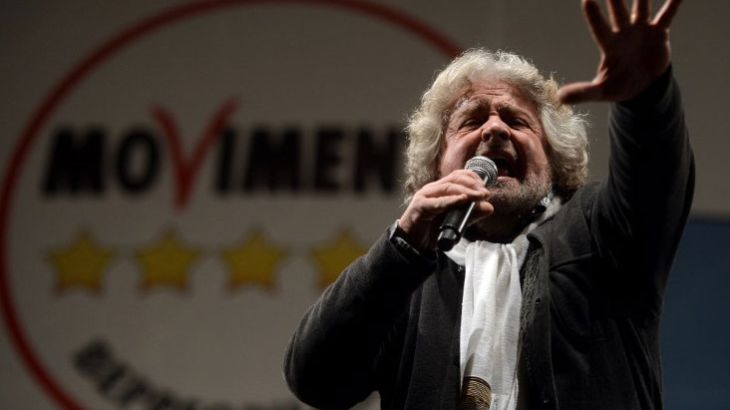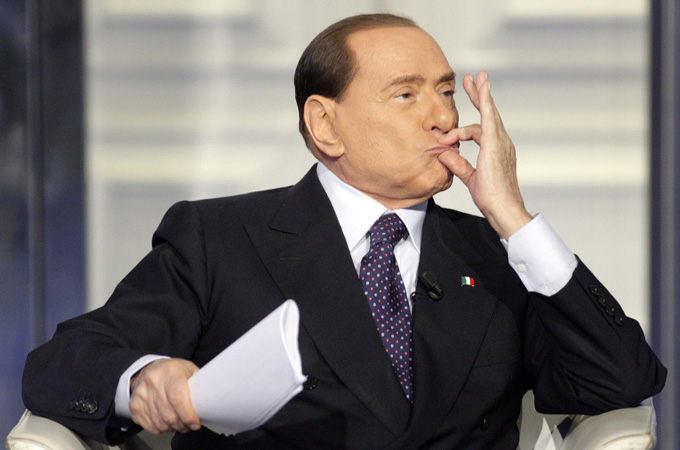Campaigning ends for Italy general election
Political parties hold final public rallies, with outcome of Sunday’s poll considered deeply uncertain.

Campaigning for Italy’s general election, to be held on Sunday and Monday, has ended with candidates banned from publicly rallying for support in the 24 hours before the polls open.
The outcome of the election, a key vote amid the country’s long economic recession, is deeply uncertain, analysts have said.
Four political leaders are in the race, including Mario Monto and Silvio Berlusconi, respectively Italy’s outgoing and former prime ministers.
Comedian-turned-politican Beppe Grillo, the 64-year-old leader of the protest Five Star Movement party, has grabbed headlines and tapped into a national mood of disenchantment, calling for established parties to “get out” at a rally in Rome attended by about half a million people.
“This vote is not at all certain,” said one pollster who asked not to be named because of a ban on the publication of opinion surveys in the fortnight before voting. “One percentage point either way could lead to chaos or a clear winner.”
Italy is suffering its longest economic recession in 20 years, with public debt standing above 120 percent of GDP.
Bersani questions
 |
| Four candidates, including Berlusconi, are in election race – all promising to save Italy from economic woes [AFP] |
Analysts are divided over whether Pier Luigi Bersani, the centre-left leader of the Democratic Party, who led the most recent opinion polls, is capable of pursuing the economic reforms that an uncompetitive Italy needs to exit recession.
Bersani is seen with a good chance of the winner’s bonus of parliamentary seats that will give him comfortable control of the lower house.
However, the election will revolve around the more complex Senate race, where winners’ bonus seats are awarded on a region-by-region basis.
The centre-left and centre-right are close to a draw in several battleground areas, including key swing region Lombardy, which returns the most senators.
Monti, a technocrat former European Union commissioner and economics professor, who has led a lacklustre centrist campaign, is believed to be fading but analysts disagree about the implications.
Series of scandals
Monti replaced Berlusconi in November 2011 after the media tycoon had taken Italy towards a debt crisis and became embroiled in a series of scandals.
He shored up Italy’s credit abroad and sharply reduced the country’s borrowing costs, but he has made a poor candidate in his first election.
Experts say he was badly advised, including by US consultants who have worked for President Barack Obama, and clumsily attempted to join in with political mud-slinging instead of retaining the aloof, professorial demeanour that has marked his time as prime minister.
“If he was seen by Italians as a robot, then he should have been a robot in the election campaign,” said Antonio Noto, head of the IPR polling company. “If you change behaviour then you are not seen as genuine.”
Monti was also an easy target for both Berlusconi, whose campaign centred on attacking the prime minister’s hated new housing tax, and Grillo, who nicknamed him “Rigor Montis”.